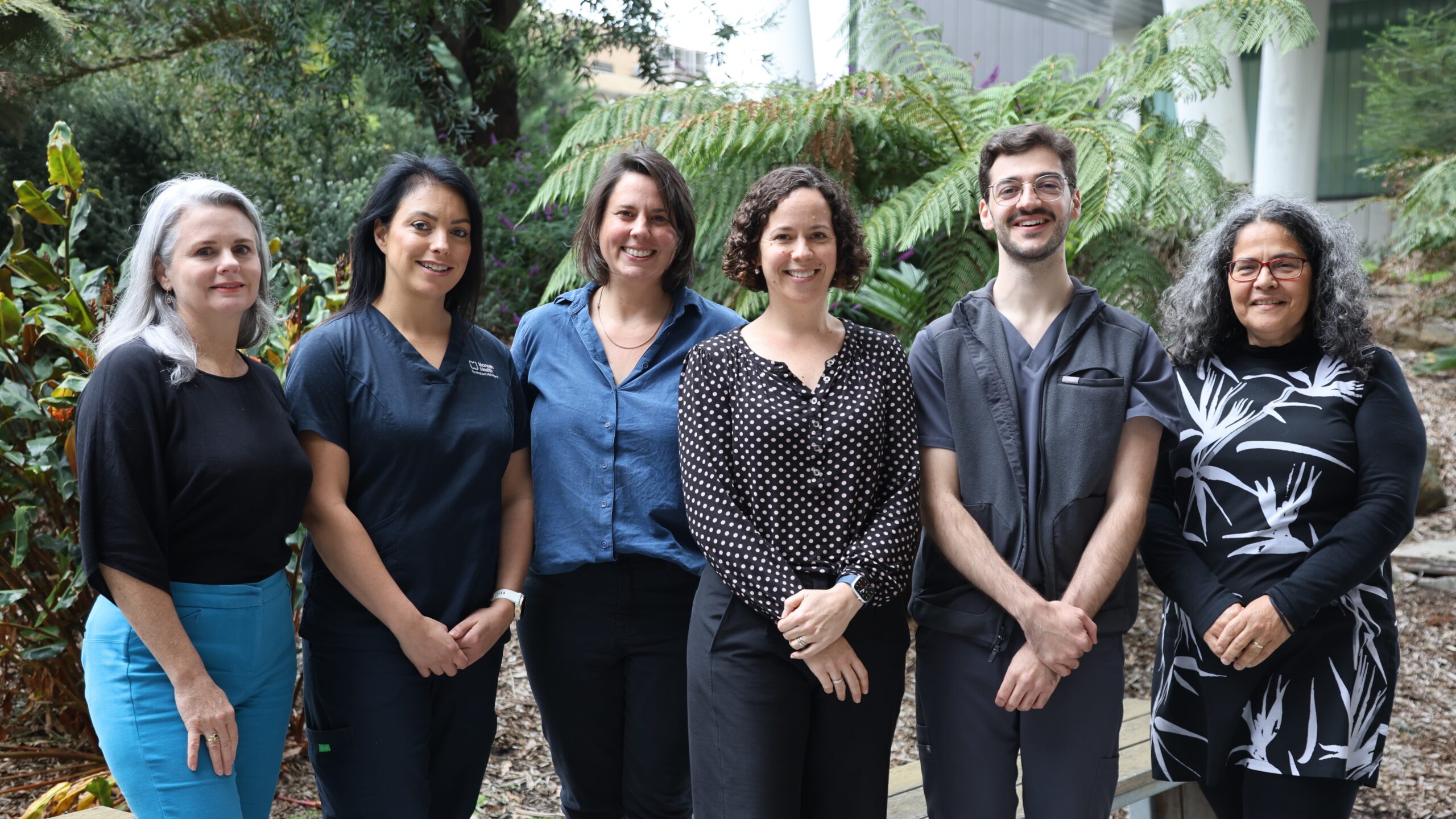
In a world-first initiative, the recruitment for the Protect Me trial targeting fetal growth restriction (FGR), a condition in which an unborn baby is smaller than expected, has now been completed.
This trial, which began in 2019, explores whether melatonin could be the first therapeutic approach to improving the outcomes of FGR by targeting placental dysfunction.
Professor Kirsten Palmer is the Head of Maternal Fetal Medicine at Monash Medical Centre and the chief investigator of the PROTECT Me Trial.
She said this trial is significant because there is currently no cure for FGR, and management involves careful monitoring of the baby with ultrasound to guide the timing of birth if there are signs of significant compromise.
Currently, nothing can be done to protect the brain from the inflammatory effects of FGR, and too many babies show problems later in life, such as delayed milestones, learning difficulties, cerebral palsy, and behavioural disorders, she added.
‘Having recruited 338 families, this is now the largest single treatment trial for FGR in the world,’ said Prof Palmer.
‘Due to the extensive data collection post-birth, we are well placed to provide crucial new evidence on the impact of FGR on brain development.’
Prof Palmer, who is also a consultant obstetrician, said the trial is currently in its follow-up phase, with the research team monitoring cognitive function among children at two years of age as the primary outcome for this trial.
The trial recruited participants who were pregnant and had their unborn babies diagnosed with FGR, from 12 major tertiary hospitals throughout Australia and New Zealand, with Monash Medical Centre the lead recruiting site.
Prof Palmer, also the Deputy Head of Department of Obstetrics and Gynaecology at Monash University, said the strong engagement and collaboration from all sites are expected to improve patient representation and the generalisability of the results.
‘It has been exciting to see that the trial has not had any safety concerns for the use of melatonin in pregnancy,’ she said.
Fetal growth restriction affects up to 8% of pregnancies and is a leading cause of stillbirth and long-term neurodevelopmental impairment.
‘One of the most powerful moments from the trial was hearing from participants who were eager to take part, not just for themselves but to help future families facing similar complications.
‘This sense of altruism reinforces the importance of offering pregnant women the opportunity to participate in well-informed research to address common problems that arise,’ said Prof Palmer.
As the Protect Me trial continues its follow-up and data analysis phase for the next two years, the team remains optimistic about the new insights they can gain and the possible changes to clinical practice this could have for FGR pregnancies.
Prof Palmer highlighted the importance of this landmark trial as clinical trials involving pregnant women are rare due to ethical, legal, and regulatory challenges, many of which stem from historical tragedies such as the thalidomide disaster in the 1950s and ‘60s.
‘The need for pregnant women to be included in clinical trials is crucial. The lack of research data for this population translates to real-world consequences, with obstetricians often needing to use medicines off-label due to the absence of other options.
‘This can increase uncertainty around medication safety and efficacy for pregnant women, as well as risks of adverse outcomes for their care,’ she said.


